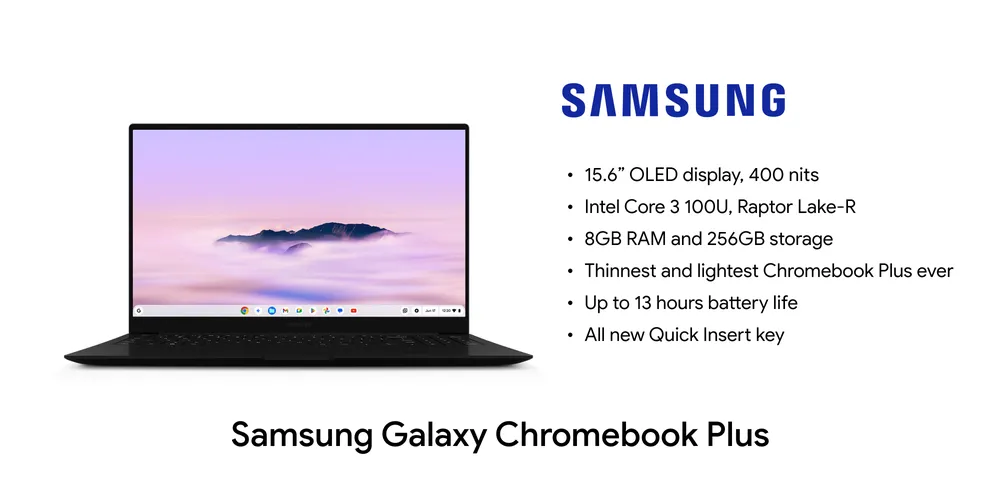
Google announces Linux-powered Samsung Galaxy Chromebook Plus and Lenovo Chromebook Duet 11-inch
Google has unveiled two new Chromebooks, loaded with fresh AI-powered features that are set to boost productivity and take the ChromeOS experience to a new level. With ChromeOS being a Linux-based operating system, the introduction of these features could make Microsoft nervous, as Chromebooks continue to gain ground in offering advanced tools at affordable prices. The new computers include the ultra-thin Samsung Galaxy Chromebook Plus and the versatile Lenovo Chromebook Duet 11”.
The Samsung Galaxy Chromebook Plus, starting at $699, is the lightest and thinnest Chromebook yet, boasting a sleek 15.6-inch OLED display and an Intel Core 3 processor. The Lenovo Chromebook Duet 11”, priced from $339, offers a compact design with a convertible form factor that switches between laptop and tablet modes. Both Chromebooks are equipped with AI-driven features that take ChromeOS to new places.

Google launches Education Navigator to streamline access to teaching tools
In today's fast-evolving educational landscape, it's essential that teachers, administrators, and families have access to the best tools and resources. Recognizing this need, Google for Education is stepping up its game with the launch of Education Navigator—a comprehensive online repository offering free resources for tools like Chromebooks, Google Classroom, and Google Workspace for Education.
Education Navigator serves as a one-stop shop for those in the educational sector, providing a well-organized platform tailored to various roles and experience levels. It categorizes resources by product and interest areas, including security, collaboration, and the burgeoning field of artificial intelligence.
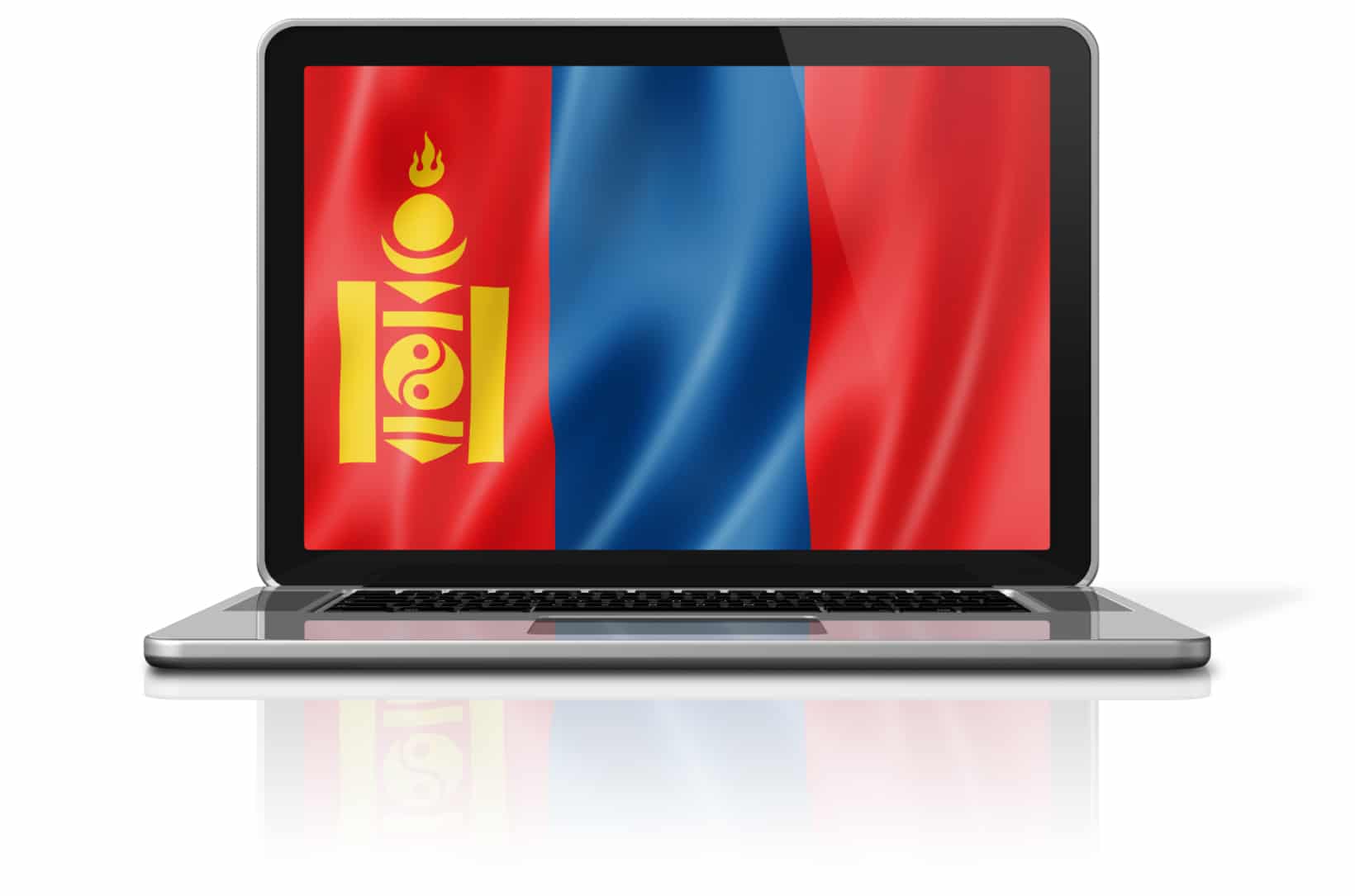
Mongolian government uses Google to strengthen its education initiatives
The Mongolian government, as part of its ambitious Vision 2050 initiative, has pledged to furnish the next generation of school-age children with the knowledge, skills, and tools they need to prosper in a rapidly evolving world. The plan is to prioritize universal connectivity, increased accessibility to public services, and the adoption of cutting-edge technology in schools.
Recently, Mongolian Prime Minister Oyun-Erdene Luvsannamsrai and his delegation visited Google's offices in Washington DC. They aimed to explore how Google's plethora of products and services could help Mongolia realize its visionary objectives. As a direct outcome of this meeting, Google has announced plans to support Mongolia's educational endeavours.

The tablet market is in the toilet
The second quarter of 2023 has painted a grim picture for tablet shipments, revealing a significant decline. As reported by the International Data Corporation (IDC), worldwide tablet shipments declined a stark 29.9 percent year over year, amounting to just 28.3 million units in total.
The once-prosperous market seems to be gasping for air, with top vendors recording double-digit losses. Attributed to weakened consumer confidence and decreased purchasing power, these negative impacts were further compounded by high channel inventory levels. The silver lining? IDC expects this issue to gradually improve in the coming months.
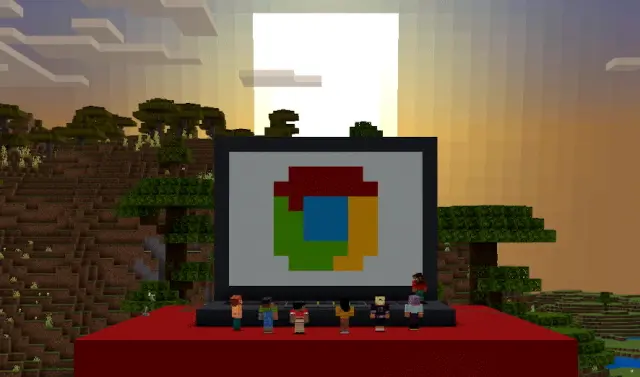
Microsoft Minecraft comes to Chromebooks
Chromebooks are only for business and general use computing, right? I mean, you can't do gaming on a Chromebook, right? Actually, these days, you absolutely can play some video games on Google's ChromeOS laptops. Case in point, today, the search giant announces that one of the most popular games of all time, Minecraft, is now officially available for Chromebooks!
Users can now purchase Minecraft: Bedrock Edition directly from the Google Play Store on their Chromebooks. This version includes access to the Minecraft Marketplace, where players can explore and acquire unique content, as well as the ability to join Realms and play with friends.
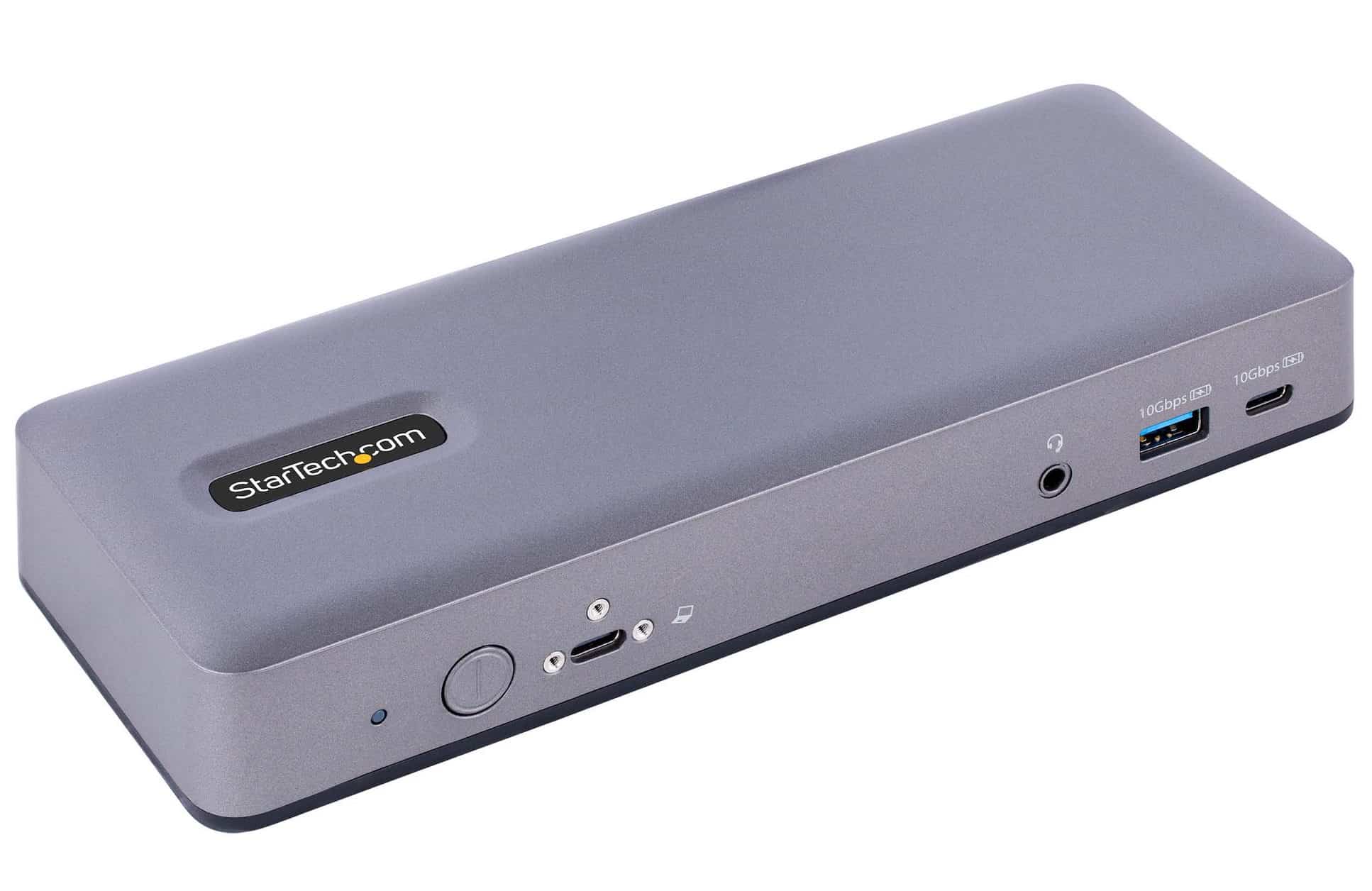
StarTech.com DK31C3MNCR is a premium USB-C Docking Station for Chromebooks
A Chromebook is a laptop running Google's Linux-based ChromeOS operating system. However, when you connect such a notebook to a monitor, keyboard, and mouse, it becomes a makeshift desktop computer.
The most elegant way to transform a laptop into a desktop is with a USB-C docking station. But how can you be sure your Chromebook is compatible? Well, if the dock is officially certified as "Works With Chromebook," then you can be assured that it will work flawlessly.
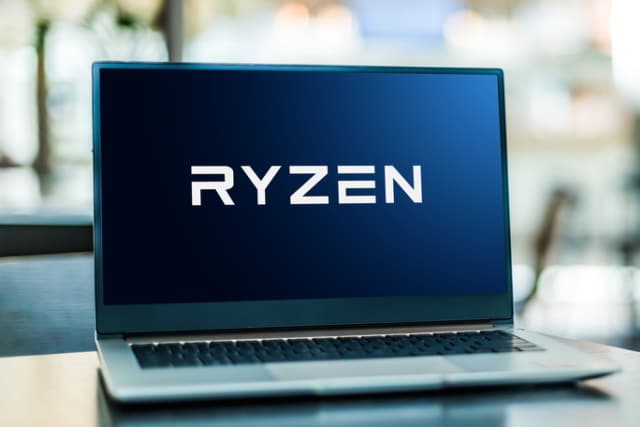
AMD turns its attention to Chromebooks with new Ryzen 5000 C-Series processors
While Chromebooks are often great, there is a big problem -- a lack of AMD processors. Most laptops running Chrome OS are powered by Intel or ARM-based chips. Wouldn't it be great if AMD released some new specialized processors designed for Chromebooks specifically?
Well, folks, AMD has done exactly that with the all-new Ryzen 5000 C-Series processors. There are four such chips coming to market -- the dual-core Ryzen 3 5125C, quad-core Ryzen 3 5425C, hexa-core Ryzen 5 5625C, and octa-core Ryzen 7 5825C. These processors are based on Zen 3 architecture and AMD says they will be paired with Wi-Fi 6E/Bluetooth 5.2 modules -- likely its own RZ600 series radio chips it co-designed with MediaTek.
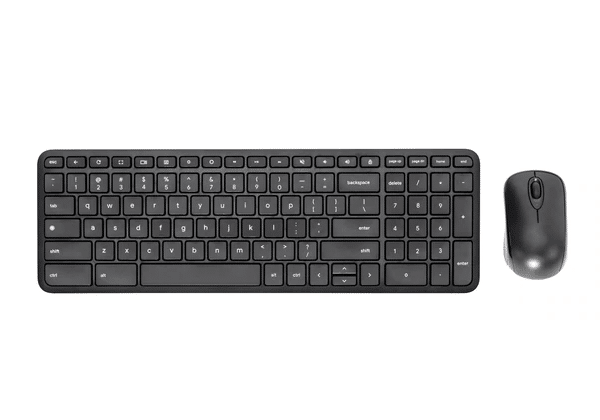
CTL launches wireless keyboard and mouse that are certified to work with Chromebooks
If you have a Chromebook or other Chrome OS device, and you want to use an external keyboard and/or mouse with it, pretty much any of them will work. Whether the keyboard and/or mouse connect via USB or Bluetooth, they should be compatible with Chrome OS -- even if support is not listed by the manufacturer.
With all of that said, why are some accessories officially certified as "Works with Chromebooks?" The simple answer is, marketing -- especially when it comes to mice. For keyboards, however, there can be value in having a layout designed for Chrome OS rather than Windows or Mac. Such keyboards can be hard to find.
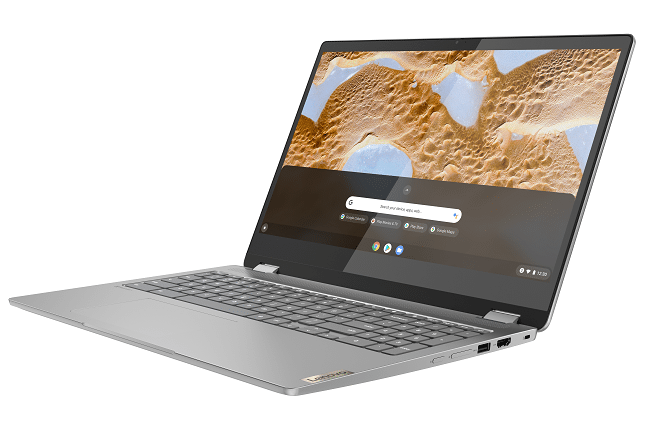
Lenovo unveils trio of IdeaPad Chromebooks -- Duet 3, Flex 3i, and Flex 5i
Windows 11 is cool, but let's be honest -- Microsoft's operating system is total overkill for the vast majority of users. When a family member asks my advice on buying a new PC, I almost always suggest a Chromebook. Why? Because they tell me everything they do is in the web browser anyway. And by getting them onto Chrome OS, there is a far reduced chance of them bothering me for PC help in the future. Chromebooks are simple and secure.
But what Chromebook should they buy? Ah, that is a tough one. There are so many great makes and models on the market these days. You really can't go wrong by sticking with reputable brands such as Acer, ASUS, or HP. One of my personal favorites, however, is Lenovo. That company is legendary for offering high-quality Windows computers, and its Chromebooks are no different.

Google's Linux-based Chrome OS Flex is a huge threat to Windows 11, and Microsoft should be extremely worried
Windows 11 is a really good operating system, but it is overkill for many home and education users these days. Not to mention, it can be risky to use since there is so much malware designed for it. Even for business, many companies are exclusively using web-based solutions in the browser, making Windows unnecessary for them. And so, Chromebooks are becoming more and more popular. They are affordable, easy to use, and extremely secure.
If a company wants to switch to Chromebooks from Windows laptops, however, there is a big dilemma -- what should be done with existing computers? After all, Chrome OS cannot be installed on computers that didn't ship with Chrome OS, right? Well, actually, this is changing...
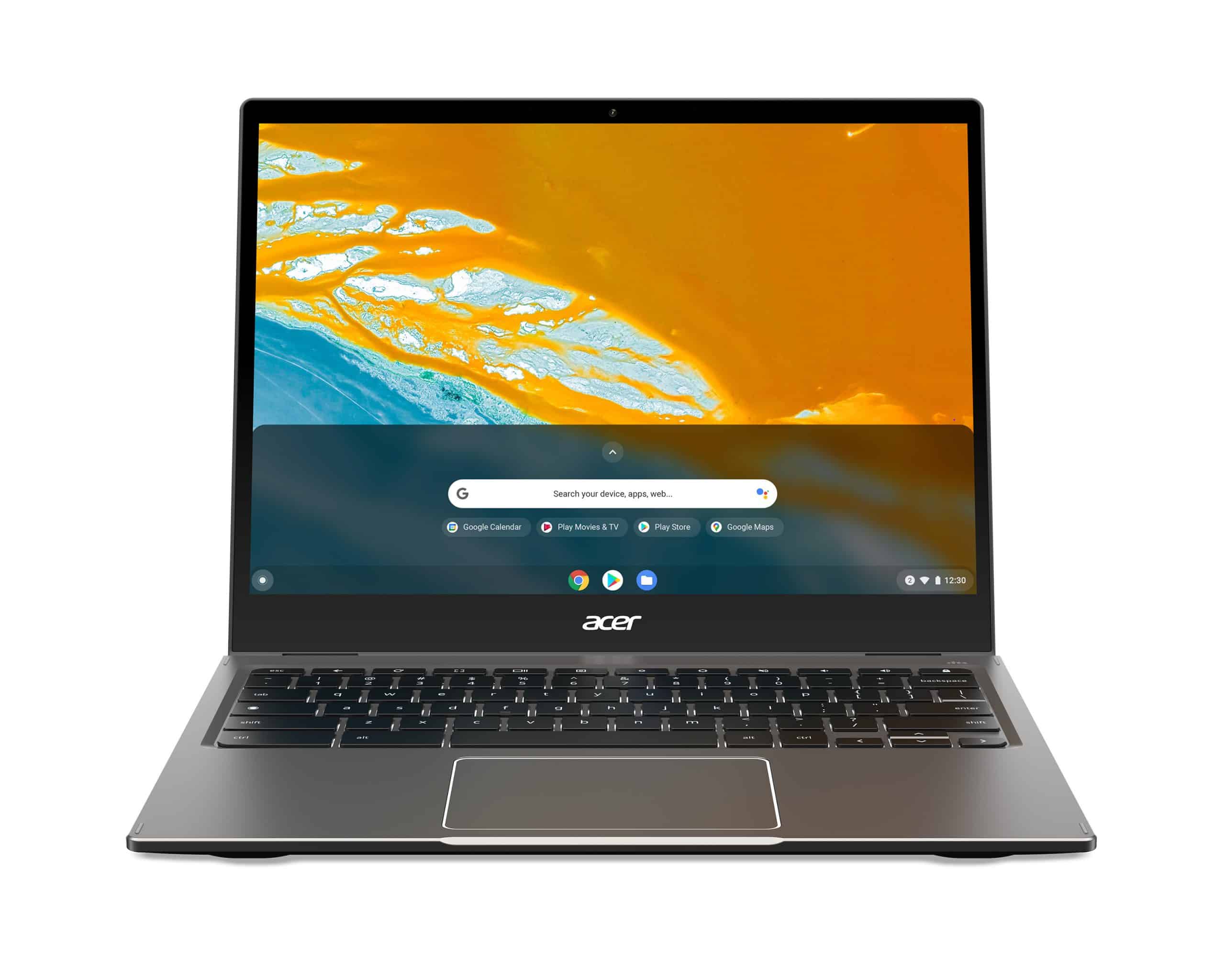
Acer unveils three new 2022 Chromebooks
If you are a fan of Chromebooks, you are undoubtedly familiar with Acer. That company has long been a Chrome OS proponent, releasing many computers running Google's Linux-based desktop operating system. The cool thing about Acer Chromebooks is the company releases several models -- with differing specifications and prices -- so consumers can find one that best meets their needs.
Today, Acer announces three new 2022 Chromebooks, and they are all quite different. Two of them, the 314 (CB314-3H/T) and 315 (CB315-4H/T), are budget models, powered by low-end Intel processors (Celeron and Pentium). The former has a 14-inch screen while the latter has a 15.6-inch display. The more exciting model, however, is the 13.5-inch Spin 513 (CP513-2H) convertible, which is powered by an ARM-based octa-core MediaTek Kompanio 1380 chip.
